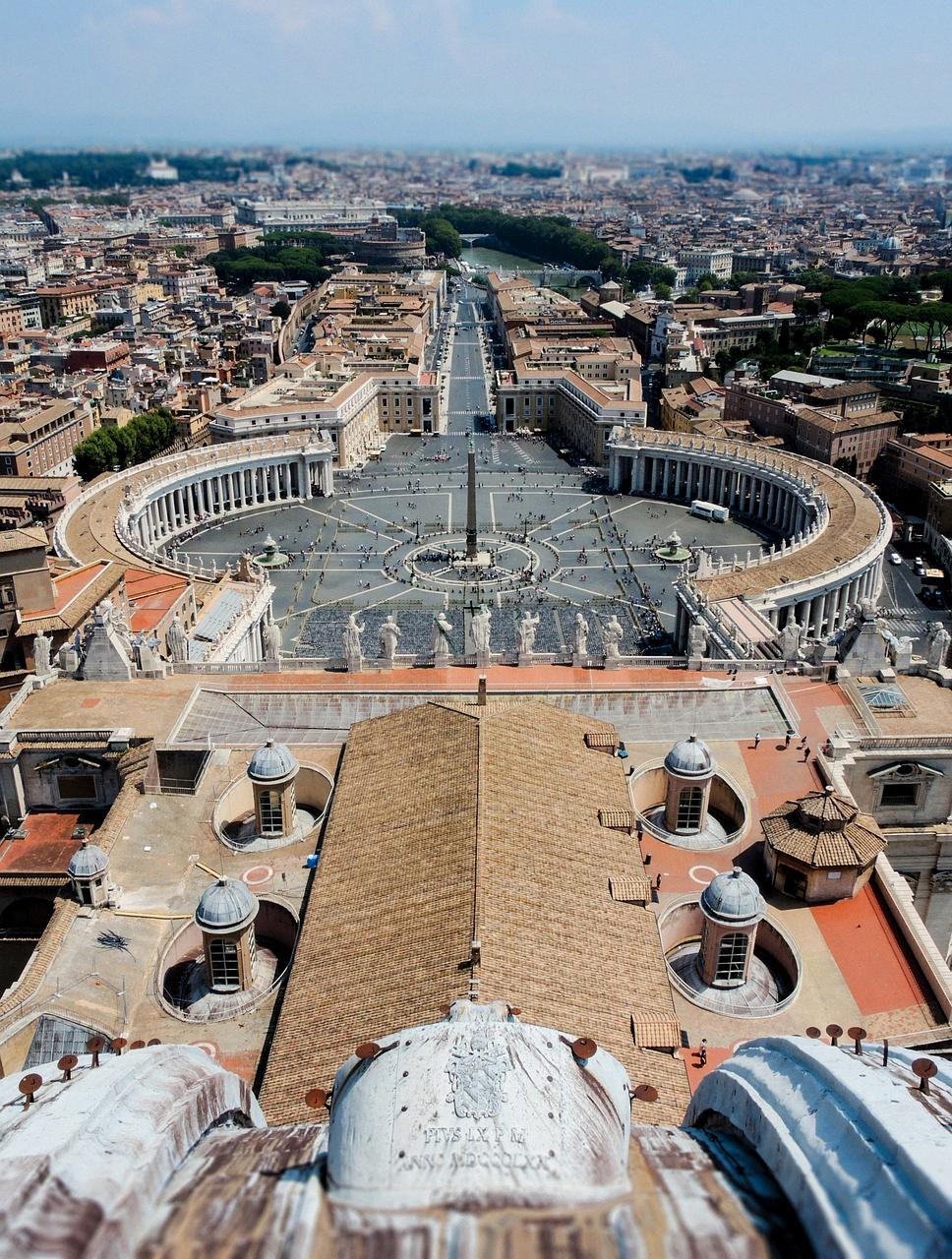Christianity is a diverse and expansive religion with various branches and denominations. One such branch is Methodism, which emerged as a distinct movement within Christianity in the 18th century. In this article, we will explore the similarities and differences between Methodism and Christianity, shedding light on their unique perspectives, practices, and beliefs.
Understanding Christianity
Christianity is based on the life, teachings, death, and resurrection of Jesus Christ. It encompasses a wide range of beliefs and traditions, with the Bible serving as its central sacred text. Christians believe in the Holy Trinity – the Father, Son, and Holy Spirit – and the concept of salvation through faith in Jesus Christ.
Throughout its history, Christianity has branched out into various denominations, each with its own interpretations and practices. These include Catholicism, Protestantism, Orthodox Christianity, and Methodist among others.
Introducing Methodism
Methodism originated as a movement within the Anglican Church and eventually became its own separate denomination. It was founded by John Wesley and his brother Charles Wesley, who sought to renew and revitalize the spiritual life of Christians.
Methodism places a strong emphasis on personal piety, social justice, and the importance of faith in action. It is characterized by its approach to theology and worship, which differ in certain aspects from mainstream Christianity.
Exploring the Similarities Between Christianity and Methodism
Despite their differences, Christianity and Methodism share many foundational beliefs. Both embrace the divinity of Jesus Christ and believe in the existence of God as a trinity. They recognize the authority of the Bible as God’s word and uphold principles such as love, compassion, forgiveness, and service to others.
Moreover, Methodism, like Christianity, places great significance on the teachings of Jesus Christ and seeks to follow his example in daily life. Both traditions value community worship, prayer, and the pursuit of spiritual growth.
Highlighting the Key Differences Between Christianity and Methodism
While Methodism is a branch of Christianity, it does have some distinct features that set it apart. One notable difference is in the doctrine of salvation. Mainstream Christianity encompasses various theological perspectives, including the belief in predestination held by some Calvinist denominations. Methodists, on the other hand, adhere to an Arminian doctrine, affirming that salvation is available to all through the grace of God and can be attained by anyone who accepts Jesus Christ.
Methodism also differs from other Christian denominations in terms of worship practices and liturgy. Methodists place a strong emphasis on hymn singing, incorporating music as an integral part of their worship services. They often utilize a structured liturgical order, while other Christian traditions may have more flexible and diverse approaches.
Understanding Methodist Perspectives on Christianity
Within Methodism, there are unique theological perspectives that shape its distinct identity. Methodists emphasize the concept of “sanctification,” which refers to the ongoing process of becoming more Christlike in character and action. They believe in the possibility of experiencing a personal relationship with Christ and seek to cultivate a life of holiness.
Additionally, Methodists hold a belief in the authority of scripture, viewing the Bible as a sacred text that guides their faith and moral conduct. They often employ biblical interpretation methods that consider historical contexts and the application of scripture to contemporary issues.
Practical Implications of the Differences
The differences between Methodism and other forms of Christianity have practical implications for individual believers and their communities. The distinctive theological perspectives and worship practices of Methodism shape the way its followers engage with their faith and interact with others.
These differences can impact individual spiritual formation, community dynamics, and relationships between Methodists and followers of other Christian denominations. Understanding these distinctions fosters dialogue, respect, and cooperation within the diverse Christian faith community.

Conclusion
In conclusion, while Methodism is a branch of Christianity, it possesses distinct characteristics that set it apart. Methodists have their own theological perspectives, worship practices, and approaches to salvation. However, it is important to recognize the shared foundational beliefs and values that unite all Christians across denominations. Appreciating the diversity within Christianity can lead to a deepened understanding of one’s own faith and promote unity among believers.
